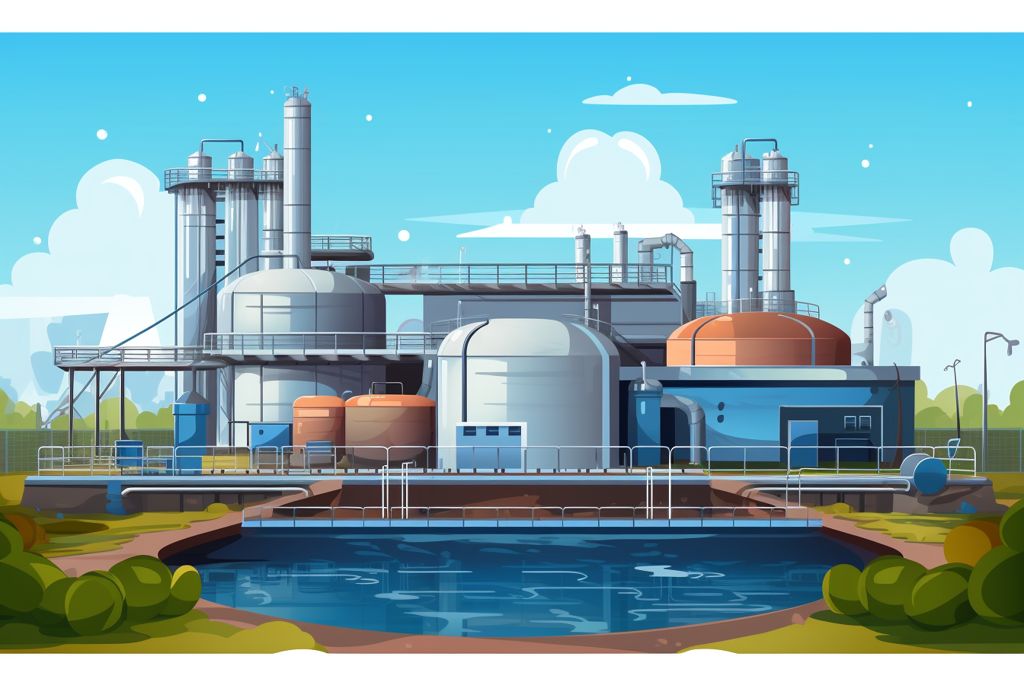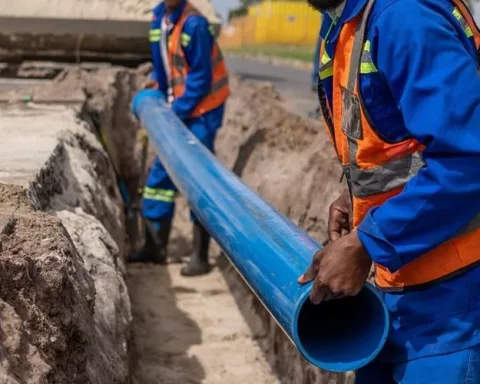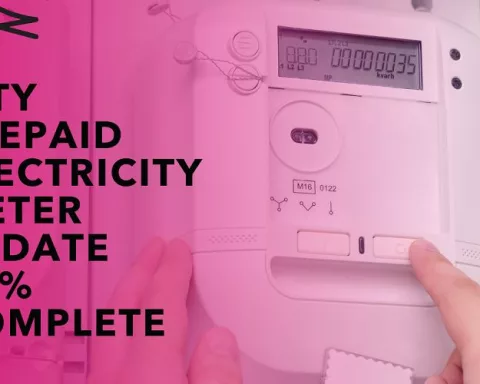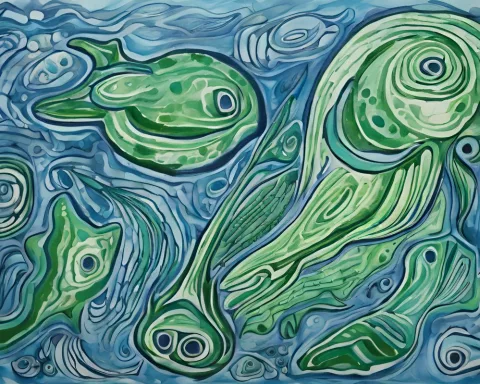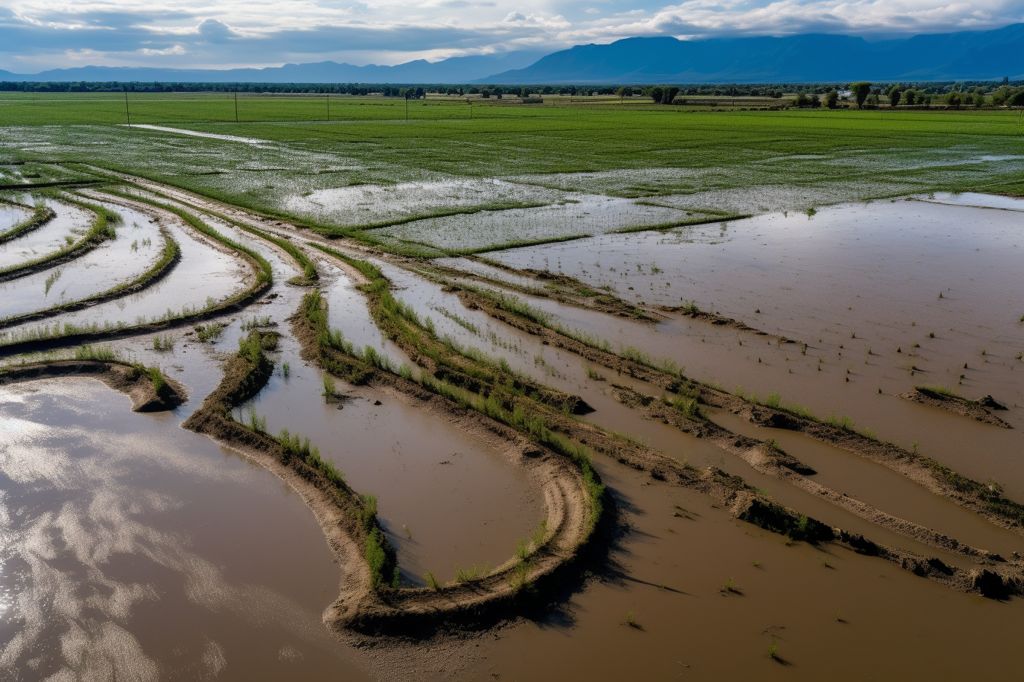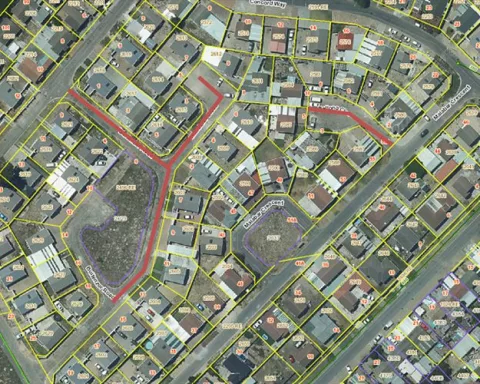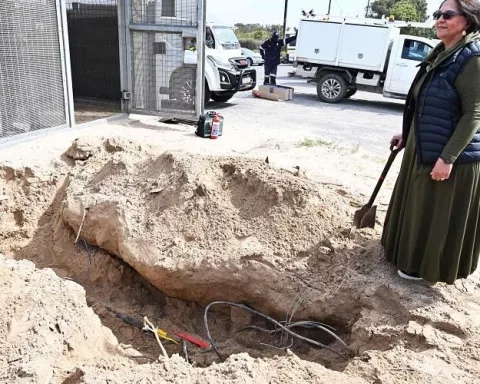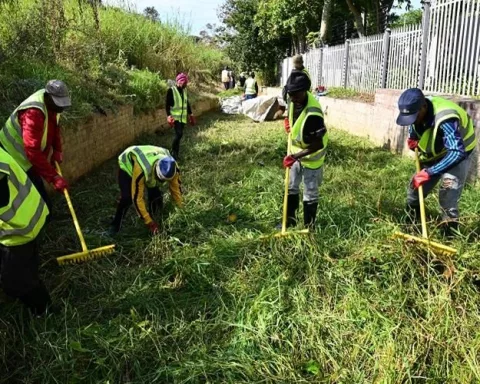Cape Town Mayor Geordin Hill-Lewis announced a massive R5.2 billion upgrade project for the Potsdam Wastewater Treatment Works, the second-largest infrastructure project in the Western Cape. The project aims to restore the environmental health of Milnerton Lagoon and increase the facility’s capacity.
Upgrades to Potsdam Wastewater Treatment Works
The Potsdam facility will double its capacity, from 47 to 100 million litres per day, to meet the city’s demands. Advanced membrane technology will be adopted, ensuring the highest wastewater treatment standards. Other nearby infrastructure improvements include the [Montague Gardens Bulk Sewer Rehabilitation](https://capetown.today/comprehensive-update-on-the-repair-of-collapsed-bulk-sewer-in-retreat) and Koeberg Pump Station Upgrade.
Mayor Hill-Lewis Emphasizes the Significance of the Project
Mayor Hill-Lewis stressed the importance of the Potsdam upgrade, stating that it is a critical part of the city’s plan to restore the environmental health of the Milnerton Lagoon. The restoration strategy involves reducing pollution sources and ultimately dredging the lagoon to remove decades-long accumulated pollution.
Increase in Infrastructure Investments in Cape Town
Cape Town has witnessed a 223% increase in its Water and Sanitation infrastructure budget over three years, from R2.3 billion in 2022/23 to R7.8 billion in 2025/26. The city’s investments include wastewater treatment works upgrades, proactive sewer spill management, upgrading bulk sewers, and quadrupling pipe replacements.
Short-Term Measures to Address Pollution Concerns
To address pollution concerns in the Diep River catchment, Councillor Zahid Badroodien proposed short-term measures, such as installing 20 litter nets along the river and expanding waste interception efforts. Corrective measures will address resident-introduced cross-connections between stormwater and sewer pipes, alongside by-law enforcement.
Essential Maintenance Activities at Potsdam Wastewater Treatment Works
The maintenance activities at Potsdam involve extensive cleaning of maturation ponds and redesigning natural reed beds to prevent pollution flow into the Diep River. Councillor Badroodien emphasized collaboration with local communities and civil society stakeholders, public engagement, and information sharing as essential components of the action plan.
Cape Town’s comprehensive strategy, combining infrastructural transformations and environmental restoration, demonstrates the city’s commitment to building a sustainable future. With continued investment and collaboration, Cape Town leads the way for other urban centers to follow suit.

